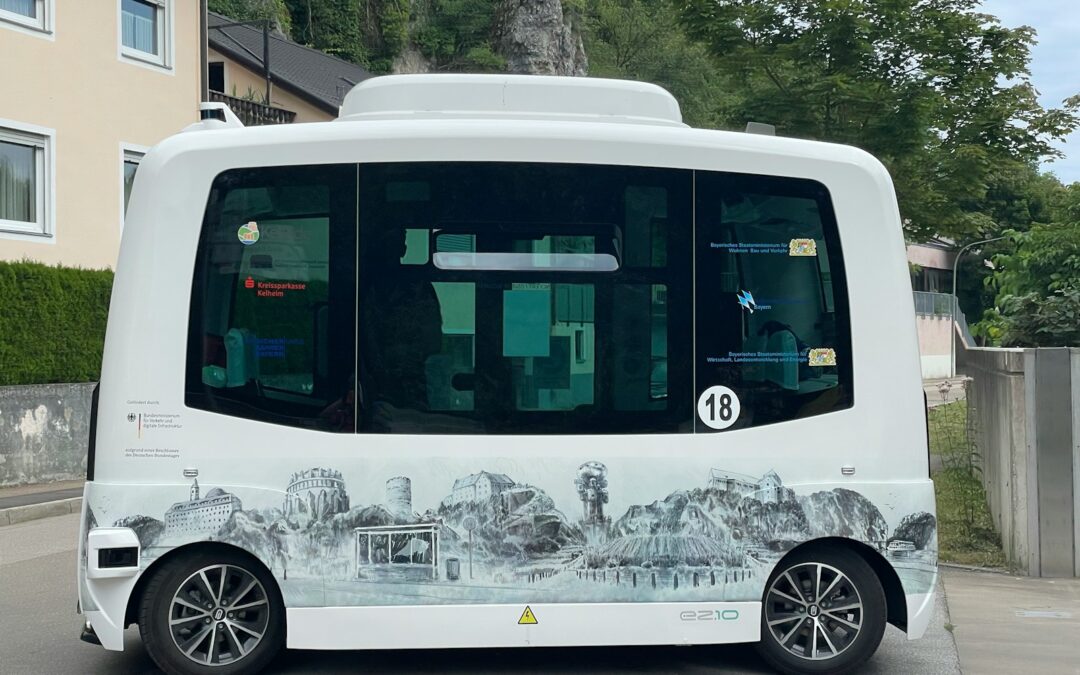Ensuring Accountability and Protection in the Age of Autonomous Vehicles
The rapid advancement of autonomous vehicles technology presents significant opportunities for improving transportation efficiency and safety. However, it also raises critical issues concerning liability and insurance. In Saudi Arabia and the UAE, where innovation and technology adoption are at the forefront of economic development, establishing clear liability and insurance policies is essential. These policies are crucial for addressing accidents and incidents involving autonomous vehicles, ensuring accountability, and protecting all stakeholders involved. The development of robust frameworks in this regard will not only support the integration of autonomous vehicles but also foster public trust and confidence in this transformative technology.
Addressing Liability in Autonomous Vehicle Incidents
One of the primary challenges in integrating autonomous vehicles into existing transportation systems is determining liability in the event of an accident. Traditional liability frameworks, which typically place responsibility on the driver, are inadequate in scenarios where a vehicle operates autonomously. In Saudi Arabia and the UAE, it is imperative to develop new legal frameworks that clearly define liability among various parties, including vehicle manufacturers, software developers, and vehicle operators. This involves establishing guidelines for fault determination and compensation, ensuring that victims of accidents receive appropriate redress. By addressing liability issues proactively, these nations can create a legal environment conducive to the safe deployment of autonomous vehicles.
The Role of Insurance in Mitigating Risks
Insurance policies play a pivotal role in mitigating the financial risks associated with autonomous vehicle accidents. As the deployment of these vehicles increases, insurance models must evolve to reflect the unique risks and liabilities they present. In Riyadh and Dubai, insurance companies must collaborate with regulators, technology developers, and other stakeholders to design policies that adequately cover autonomous vehicle-related incidents. This includes developing new risk assessment models, premium structures, and coverage options that address the complexities of autonomous driving. By creating comprehensive insurance solutions, Saudi Arabia and the UAE can ensure that all parties are protected against potential losses, thereby supporting the broader adoption of autonomous vehicles.
Leveraging AI and Blockchain for Liability and Insurance Solutions
Artificial Intelligence (AI) and Blockchain technologies offer innovative solutions for managing liability and insurance in the context of autonomous vehicles. AI can be used to analyze accident data, determine fault, and assess damages with a high degree of accuracy. This facilitates faster and more precise claims processing, benefiting both insurers and claimants. Blockchain technology, on the other hand, provides a secure and transparent way to record and verify transactions, including insurance claims and payouts. By ensuring the integrity and immutability of data, Blockchain enhances trust and accountability in the insurance process. Leveraging these technologies, Saudi Arabia and the UAE can develop cutting-edge liability and insurance frameworks that support the safe and efficient integration of autonomous vehicles.
Change Management and Leadership in Policy Development
Effective change management and leadership are crucial for the successful development and implementation of liability and insurance policies for autonomous vehicles. Business executives and policymakers in Saudi Arabia and the UAE must be equipped to navigate the complexities of this emerging field. Executive coaching services can provide the necessary guidance to develop leadership skills focused on ethical governance, innovation, and stakeholder engagement. Change management strategies, such as transparent communication, stakeholder collaboration, and continuous learning, are essential for fostering a culture of adaptability and resilience. By promoting strong leadership and effective change management, these nations can ensure that their policy frameworks align with technological advancements and societal needs.
Effective Communication and Stakeholder Engagement
Effective communication and stakeholder engagement are critical for developing and implementing liability and insurance policies for autonomous vehicles. Transparent communication with the public, industry stakeholders, and regulatory bodies helps build trust and ensures that policies are well-understood and accepted. Public awareness campaigns can educate citizens about the benefits and safeguards associated with autonomous vehicle technology, addressing concerns and fostering acceptance. Additionally, collaboration with stakeholders can enhance the development and refinement of policies, incorporating diverse perspectives and expertise. By prioritizing communication and engagement, Saudi Arabia and the UAE can ensure that their liability and insurance frameworks are robust, comprehensive, and widely supported.
#LiabilityPolicies #InsurancePolicies #AutonomousVehicles #Accidents #Incidents #SaudiArabia #UAE #Riyadh #Dubai #ChangeManagement #ExecutiveCoaching #EffectiveCommunication #BusinessSuccess #ManagementConsulting #ArtificialIntelligence #Blockchain #TheMetaverse #GenerativeAI #LeadershipSkills #ManagementSkills #ProjectManagement

